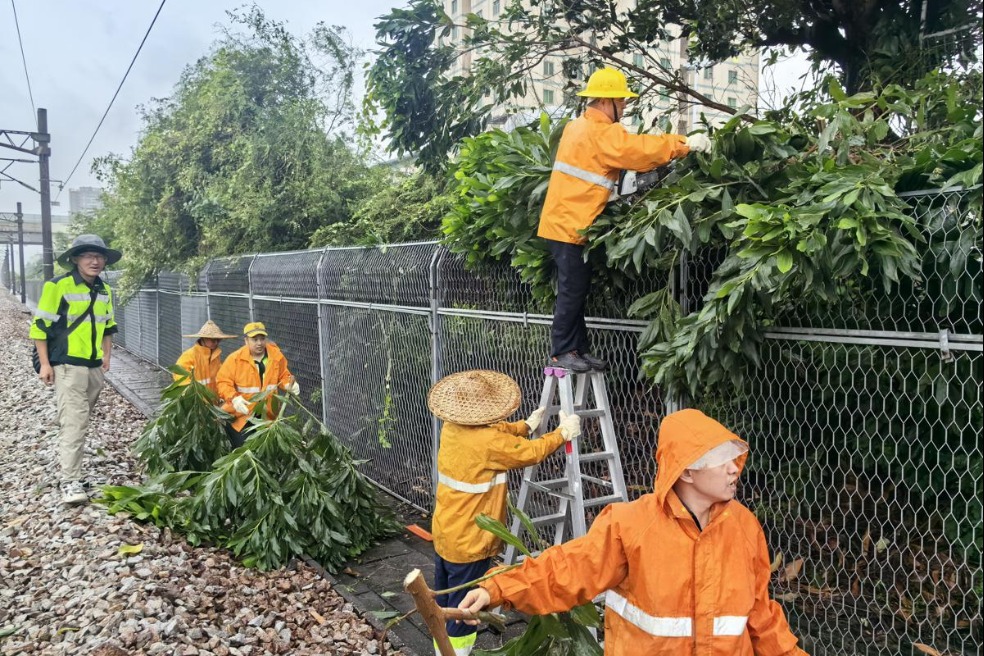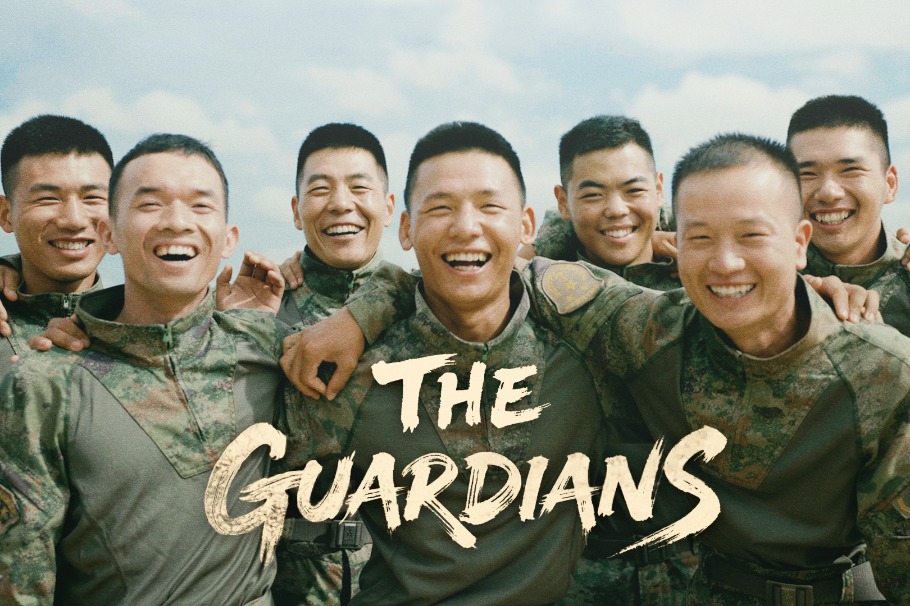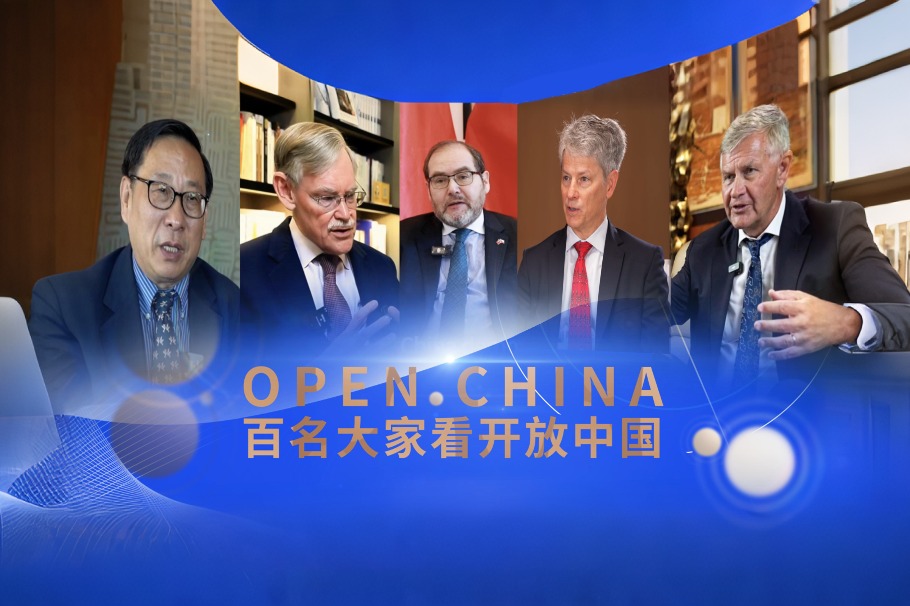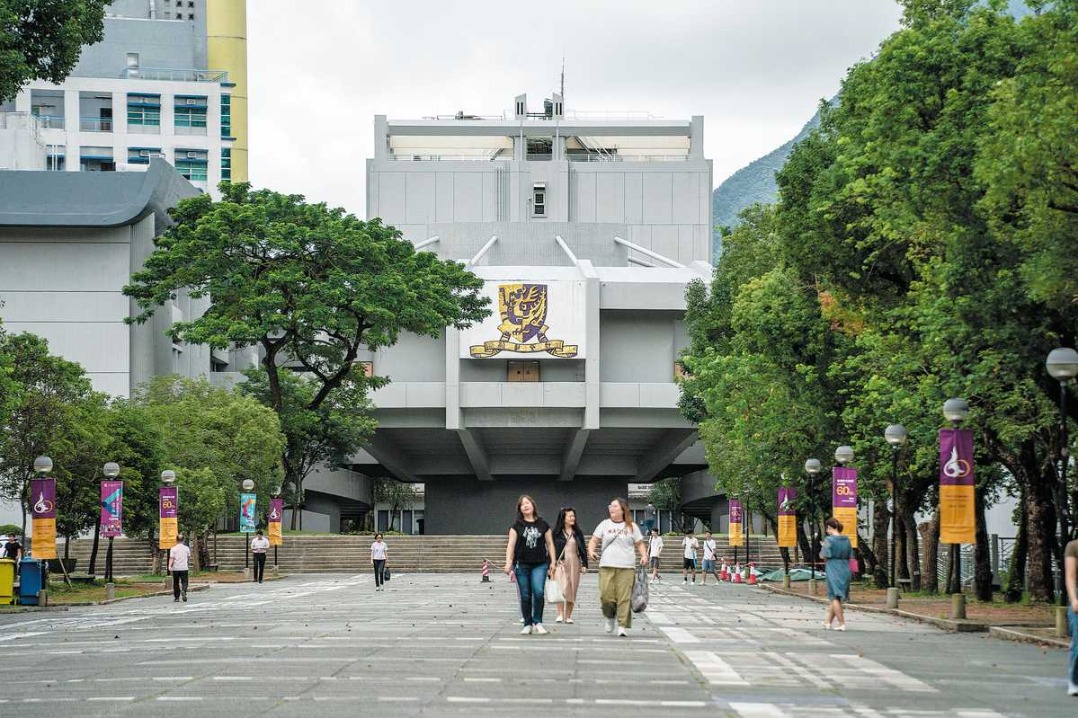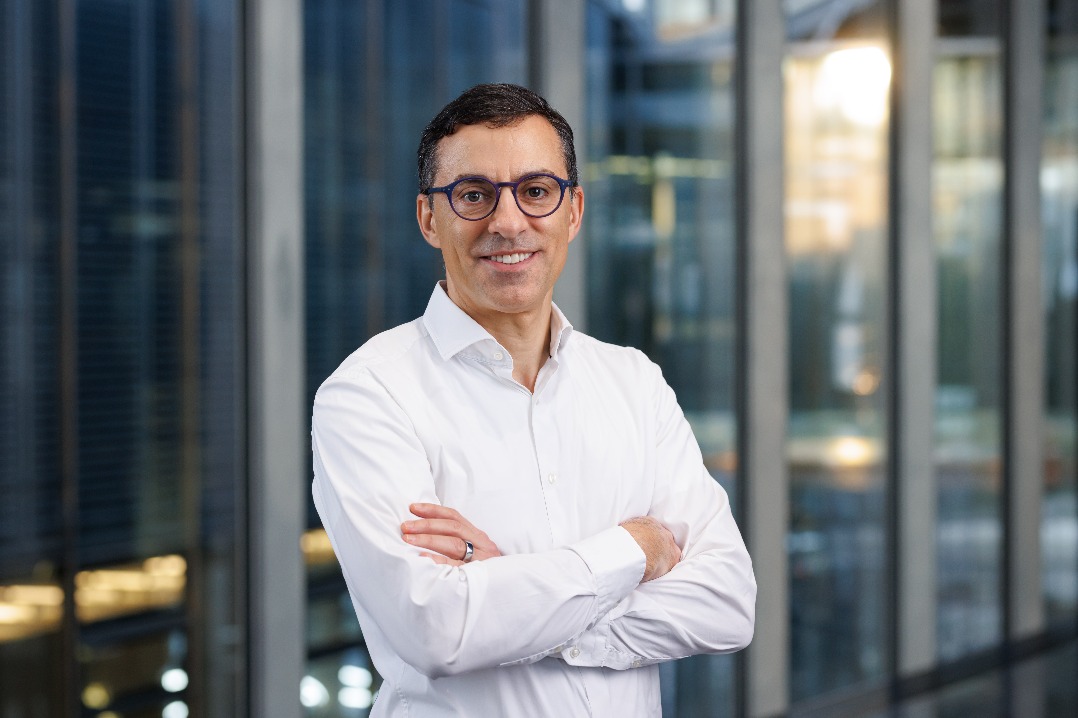Summer blockbuster Successor raises crucial questions


If there is one movie that dominates this summer's box office, it has to be Successor. By August 19, this comedy had grossed over 3 billion yuan, securing its status as the undisputed blockbuster of the 2024 summer season. Beyond its impressive numbers, Successor, produced by Mahua FunAge—a company known for its blend of humor and social critique—offers more than laughs. Beneath its comedic surface lies a biting satire that resonates with audiences across the country.
Successor tells the story of Ma Chenggang, a wealthy man played by the popular comedian Shen Teng. Disappointed with his "deadwood" elder son, Ma Chenggang decides to take a different educational approach with his younger son Ma Jiye. Determined to toughen him up, Ma Chenggang moves his family from a luxurious villa to a rundown 1980s courtyard, where he enlists a team of educational experts to act as NPCs, monitoring his son's every move. In this carefully constructed world of adversity, Ma Jiye endures 18 years of hardship: living in a shabby house, caring for a paralyzed grandmother, chopping wood, brewing medicine, running five kilometers to school every day, and collecting bottles to sell for extra money. In the film's climax, Ma Jiye uncovers the truth behind his father's scheme and chooses to chart his own course in life.
More than just a source of entertainment, Successor has sparked a nationwide conversation on the relevance of "hardship education" in today's world. Many argue that such an approach should be phased out. The film serves as a mirror, reflecting the dilemmas within our real-world educational practices.
In China's educational traditions, hardship has long been celebrated as a virtue. Over two thousand years ago, Mencius taught that "When Heaven is about to confer a great responsibility on any man, it will first fill his heart with suffering, toil his sinews and bones, expose his body to hunger, and subject him to extreme poverty." Similarly, the Song Dynasty philosopher Zhang Zai stated, "Difficulty is the nurse of greatness," which is further echoed in the Chinese proverb, "Honing gives a sharp edge to a sword, and bitter cold adds keen fragrance to plum blossom." These teachings all underscore a deep-rooted belief that suffering is essential for achievement. However, in today's world, is it still necessary to glorify hardship education?
The benefits of hardship education are open to question
A survey conducted by China Youth Daily found that 81.8 percent of 2,017 respondents support hardship education, with 65.7 percent believing it would benefit children's future development.
Why do so many people value hardship education? One reason is that many attribute their success to the hardships they endured growing up. Another is the belief that success, whether their own or others', can be replicated through a similar path, prompting parents to impose the same hardships on the next generation. However, what is often overlooked is the "survivor bias." While some may succeed despite adversity, countless others are crushed by it, with their untold stories fading into obscurity.
Another survey, involving 2,006 people aged 18-35, revealed the dark side of hardship education. A staggering 90.6 percent of respondents had experienced verbal lashing or discouragement from their parents, with most reporting long-term negative effects such as diminished motivation, rebellious behavior, and strained parent-child relationships. These findings challenge the assumed benefits of hardship education, highlighting its potential to cause more harm than good.
Hardship education vs. Frustration education
We have all heard the saying, "Failure is the mother of success." Failures and setbacks are inevitable parts of life, and how we handle them often determines how far we will reach. Resilience in the face of adversity is not innate but must be nurtured from a young age. This has led educators to introduce the widely acclaimed concept of "frustration education."
Frustration education and hardship education share the same goals, but they differ fundamentally in their methods and outcomes. Frustration education occurs in a controlled environment with small, manageable challenges designed to help children manage frustration, regulate emotions, and develop problem-solving skills. In contrast, hardship education imposes severe, prolonged difficulties on children, often inflicting unnecessary pain. When the challenges are too harsh or unrelenting, they can result in negative outcomes such as anxiety, insecurity, depression, a sense of helplessness, or even trauma. In essence, frustration education fosters resilience in a supportive and constructive manner, whereas hardship education can lead to harmful consequences in a destructive way.
The embrace of frustration education suggests that, while we question the concept of hardship education, we do not advocate for overly shielding young people from risks by keeping them in a protective bubble. After all, to err is human. Wrapping them in cotton wool would only lead to another kind of nightmare. Rather than imposing artificial hardships or sheltering them excessively, a more balanced approach is to guide young people through real-life challenges. This way, we can teach them to confront obstacles with a positive and resilient attitude, equipping them with the skills and mindset needed to navigate life's ups and downs effectively.
Each generation has its own journey
The saying, "Only those who endure the hardest hardship will be the best of the best," has been drilled into every Chinese person since childhood. In the past, when material resources were scarce, older generations had no choice but to endure hardship, leading them to believe that their success was directly tied to their struggles. While they may credit their achievements to hardships, the truth is that hardship hinders success rather than being a prerequisite for it. It is because people cannot escape hardship that they romanticize it as a form of comfort. As author Yu Hua noted, "Hardship is not worth pursuing. Hardship is just hardship. It doesn't necessarily lead to success."
There's no denying that parents have the best intentions for their children. However, as times change, hardship education is losing its luster. With improved living standards, today's youth no longer worry about material deprivation that previous generations did, but they still grapple with their own set of challenges—academic stress, strained social relationships, and increased pressure from job hunting. These everyday challenges are more than enough to build resilience, so why add additional hardships on top of them? Each generation embarks on its own journey, and hardship education, as a relic of the past, is something now we can bid farewell to. Having weathered life's storms, perhaps it's time to offer shelter for the younger generation.
In conclusion, true education lies in helping individuals navigate the real-world challenges they encounter in daily life without the need to deliberately create hardships or exaggerate the struggles of previous generations while overlooking the challenges that young people face today. Parents should guide and influence children to become the best versions of themselves rather than molding them to fit their own ideals. By embracing this approach, we can foster a generation that is both resilient and compassionate, prepared to face the future with confidence and strength.
The author is a graduate student at Shandong University. The views don't necessarily reflect those of the IPEA or China Daily.
If you have a specific expertise, or would like to share your thought about our stories, then send us your writings at opinion@chinadaily.com.cn, and comment@chinadaily.com.cn.

















